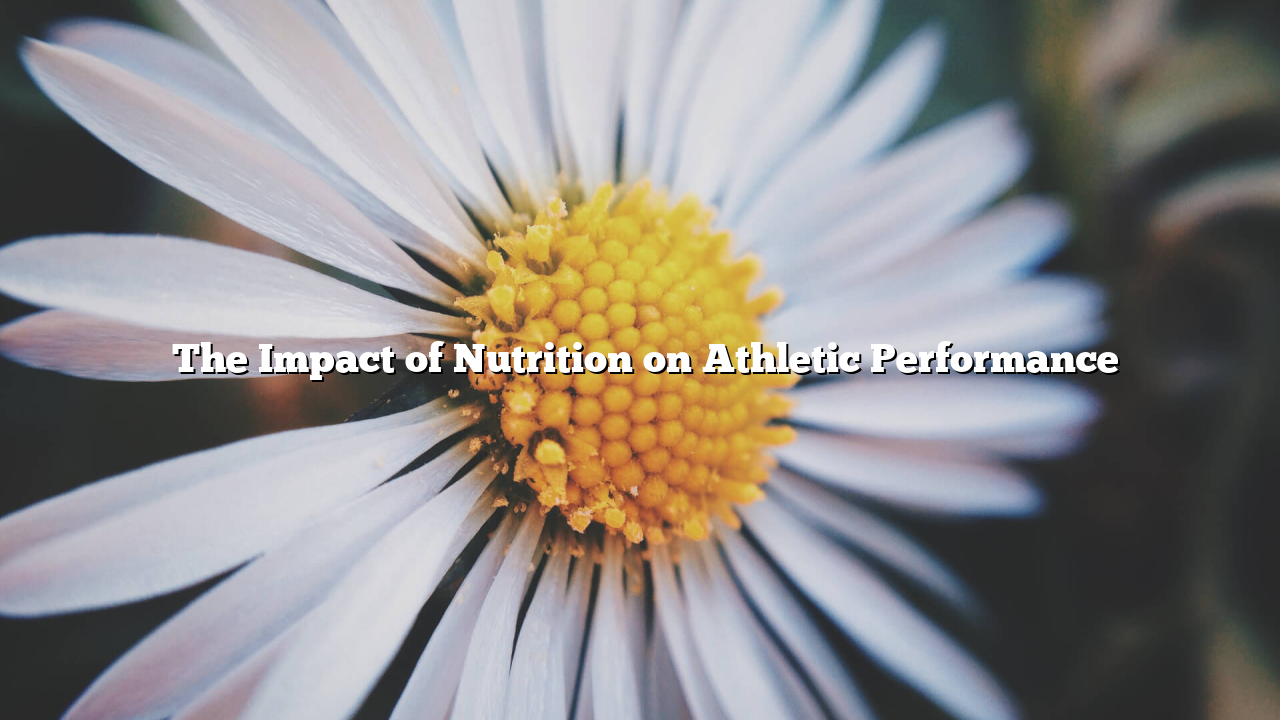
The Impact of Nutrition on Athletic Performance
Introduction
Athletes push their bodies to the limit, and proper nutrition plays a crucial role in maximizing performance. Whether in toto slot , strength training, or team competitions, diet directly affects energy levels, recovery, and overall fitness. This article explores how nutrition influences athletic performance, the best dietary strategies for athletes, and the role of hydration and supplements.
The Role of Nutrition in Sports Performance
Athletes require a well-balanced diet to fuel their training and competition. Proper nutrition helps:
Enhance energy levels for optimal performance.
Speed up recovery after intense workouts.
Reduce injury risk by strengthening muscles and bones.
Improve focus and concentration during games or competitions.
Key Nutrients for Athletes
Athletes need a combination of macronutrients (carbohydrates, proteins, and fats) and micronutrients (vitamins and minerals) to perform at their best.
1. Carbohydrates: The Primary Energy Source
Carbs provide quick energy for high-intensity sports.
Stored in muscles as glycogen, which fuels endurance activities.
Found in foods like whole grains, fruits, and vegetables.
Best carb sources for athletes:
Oatmeal
Brown rice
Bananas
Sweet potatoes
2. Proteins: Essential for Muscle Growth and Repair
Helps repair muscle fibers after exercise.
Supports muscle building and strength development.
Found in lean meats, eggs, dairy, and plant-based sources.
Best protein sources for athletes:
Chicken breast
Salmon
Greek yogurt
Lentils and beans
3. Healthy Fats: Long-Lasting Energy
Essential for endurance sports and overall health.
Helps reduce inflammation and supports recovery.
Found in foods like avocados, nuts, and olive oil.
Best fat sources for athletes:
Almonds
Chia seeds
Extra virgin olive oil
Fatty fish (salmon, mackerel)
Hydration and Its Importance
Proper hydration is just as important as nutrition. Dehydration can cause:
Fatigue and reduced endurance.
Muscle cramps and heat exhaustion.
Decreased concentration and reaction time.
Hydration Tips for Athletes:
Drink water consistently throughout the day.
Replenish lost fluids with electrolytes after intense exercise.
Avoid sugary and carbonated drinks before competitions.
Pre-Workout and Post-Workout Nutrition
1. Pre-Workout Meal: Fueling Up
Eat 1-3 hours before exercise for sustained energy.
Include carbs, proteins, and a little fat for balance.
Avoid heavy or greasy foods that can cause discomfort.
Best Pre-Workout Meals:
Oatmeal with berries and nuts.
Chicken and brown rice.
Whole-grain toast with peanut butter and banana.
2. Post-Workout Meal: Recovery and Muscle Repair
Eat within 30-60 minutes after exercise for best recovery.
Focus on proteins and carbohydrates to rebuild muscles and restore glycogen.
Best Post-Workout Meals:
Protein smoothie with banana and whey protein.
Grilled salmon with quinoa and steamed vegetables.
Scrambled eggs with whole-wheat toast and avocado.
Supplements in Sports Nutrition
While a balanced diet should provide all necessary nutrients, some athletes use supplements to enhance performance.
1. Protein Supplements
Whey protein: Helps with quick muscle recovery.
Plant-based protein: Great for vegan athletes.
2. Creatine
Boosts short-term power and strength.
Common in weightlifting and sprinting sports.
3. Electrolytes
Prevent dehydration and muscle cramps.
Important for endurance athletes in hot conditions.
4. Omega-3 Fatty Acids
Reduces inflammation and improves heart health.
Found in fish oil and flaxseeds.
Common Nutrition Mistakes Athletes Make
Even top athletes sometimes make dietary mistakes that can impact performance.
1. Skipping Meals
Leads to low energy levels and poor recovery.
2. Not Eating Enough Protein
Slows down muscle repair and growth.
3. Overconsumption of Processed Foods
Causes inflammation and sluggishness.
4. Ignoring Hydration
Leads to fatigue, cramps, and poor focus.
The Future of Sports Nutrition
Advancements in sports science continue to improve nutrition strategies for athletes. Future trends include:
Personalized meal plans based on DNA and metabolism.
AI-driven nutrition tracking to optimize diet.
More plant-based and sustainable diets in sports.
Conclusion
Nutrition plays a vital role in athletic success. By following proper dietary habits, staying hydrated, and avoiding common mistakes, athletes can optimize their performance and recovery. As science advances, sports nutrition will continue to evolve, helping athletes achieve even greater heights.


